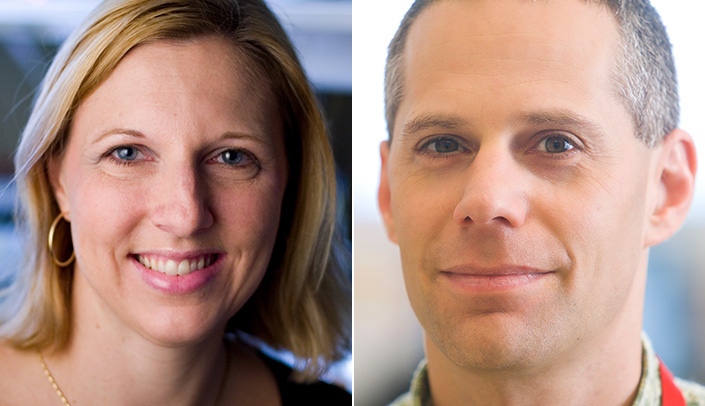In the past few months we have restructured the NE-INBRE to help achieve our goals and better position the NE-INBRE to succeed in the renewal of our program in the coming grant cycle. I would like to share a few of these exciting changes.
We are enhancing the scholar stipend with hopes that it will enhance the scholar applicant pool and talent. The stipend level has remained constant for many years and undergraduate faculty believed an increase in stipend support would help attract the best and brightest to the program. A number of other choices now exist for a research experience that pay more, albeit they are all one-year programs. Therefore, we increased the student summer stipend by $500.
The program coordinator position has been split into two positions with one focusing on the research campuses and the other focused primarily on the undergraduate campuses. The reason for this change is to bring additional expertise in the area of undergraduate faculty needs, ensure proper mentoring, provide career advance and help with grant submissions.
Steve Caplan, Ph.D., a professor in the department of biochemistry and molecular biology at the University of Nebraska Medical Center and director of the UNMC Advanced Microscopy Core Facility, has been named the research campus program coordinator.
In this role Dr. Caplan will coordinate the summer scholars program, as well as review of the new Developmental Research Project Program (DRPP) grant recipients.
Julie Soukup, Ph.D., a professor in the department of chemistry at Creighton University, has been named the undergraduate campus program coordinator. Dr. Soupkup’s responsibilities include: coordination of the scholars journal club; review of DRPP progress; touching base with second year scholars; and making yearly visits to the participating undergraduate institutions.
Two new external advisory committee members are joining the NE-INBRE adding new expertise to our new core and scientific themes.
Jim Maher, Ph.D., of the Mayo Clinic, and Rytis Prekeris, Ph.D., of the University of Colorado, bring their expertise, enthusiasm and energy to the program.
Dr. Maher is dean of the Mayo Graduate School at Mayo Clinic in Rochester, Minn., and associate editor of the journal Nucleic Acids Research. His laboratory has three major interests. Researchers study how DNA is bent and looped by proteins, and how this bending is involved in the control of gene expression. The group also studies how small DNA and RNA strands can be selected for the ability to fold into shapes (aptamers) that might artificially control genes or treat diseases such as multiple sclerosis. Finally, the laboratory studies cancers, such as familial paraganglioma, caused by genetic defects in energy metabolism. These studies involve model systems including molecules, bacteria, yeast, nematode worms, mice and human cells.
Dr. Prekeris is a professor in the department of cell and developmental biology at the University of Colorado. His general research interest is to understand the mechanisms of cell polarization and the functional consequences of this polarization during development and cancerogenesis. In the last several years, his laboratory has focused on several distinct but related projects: regulation and function of asymmetric cell division, mechanisms of cancer metastasis and regulation of epithelia polarization and cell migration in vitro and in vivo.
Finally, I would like to thank Dr. Turpen who has created an amazing program that has helped establish a culture of research at undergraduate campuses throughout Nebraska. Through his leadership a pipeline program for potential graduate students was built, one that enhances the research capacity on the research campuses. I have been fortunate to get to know Jim over the past year and I appreciate his common sense, positive attitude (he is a clown after all), and knack for always doing the right thing in the right way. As his successor, I am heartened to take the helm of this amazing program.
